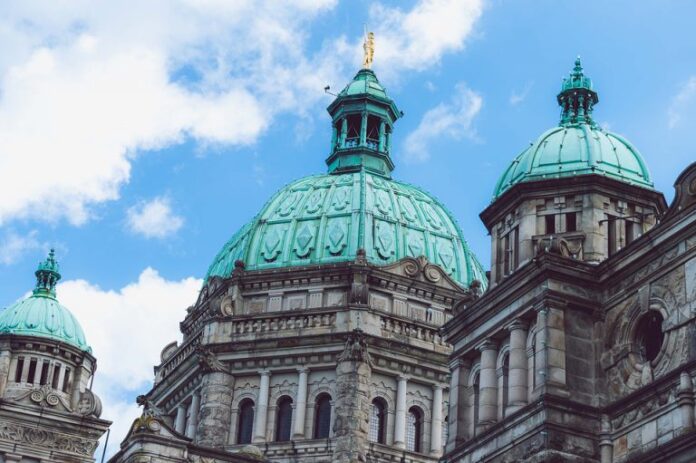The provincial government is introducing a new oil and gas royalty system which will eliminate the Deep Well Royalty Program, B.C.’s largest fossil-fuel subsidy.
Provincial officials say it will also get rid of other outdated and inefficient programs, such as the Marginal Well, Ultramarginal Well, Low Productivity Well Rate Reduction and the Clean Growth Infrastructure Royalty programs.
“Our province is blessed with abundant resources, which belong to all of us. But for too long, a broken system of fossil-fuel subsidies has failed to align with our climate goals or ensure people fully benefit from these resources,” said Premier John Horgan in a release.
“That’s why we’re fixing the outdated oil and gas royalty system by eliminating the largest fossil-fuel subsidy in British Columbia. This will give British Columbians a fair return and allow us to invest in their priorities – like improving services, bringing down costs and tackling carbon pollution.”
According to the province, the new system will apply to all new wells and will be phased in over two years starting on Sept. 1.
“This new system is long overdue and will replace an outdated system that was in place for nearly three decades,” said Bruce Ralston, Minister of Energy, Mines and Low Carbon Innovation in a release.
“This will support vital public services, such as roads and hospitals while advancing continued environmental protection for British Columbians.”
The minimum royalty rate is increasing from three per cent to five per cent.
Provincial officials say the increase will provide more revenue for public services and climate action.
They say existing credits will expire in four years unless transferred to an environmentally focused land healings and emissions reductions pool.
-With files from Josiah Spyker




